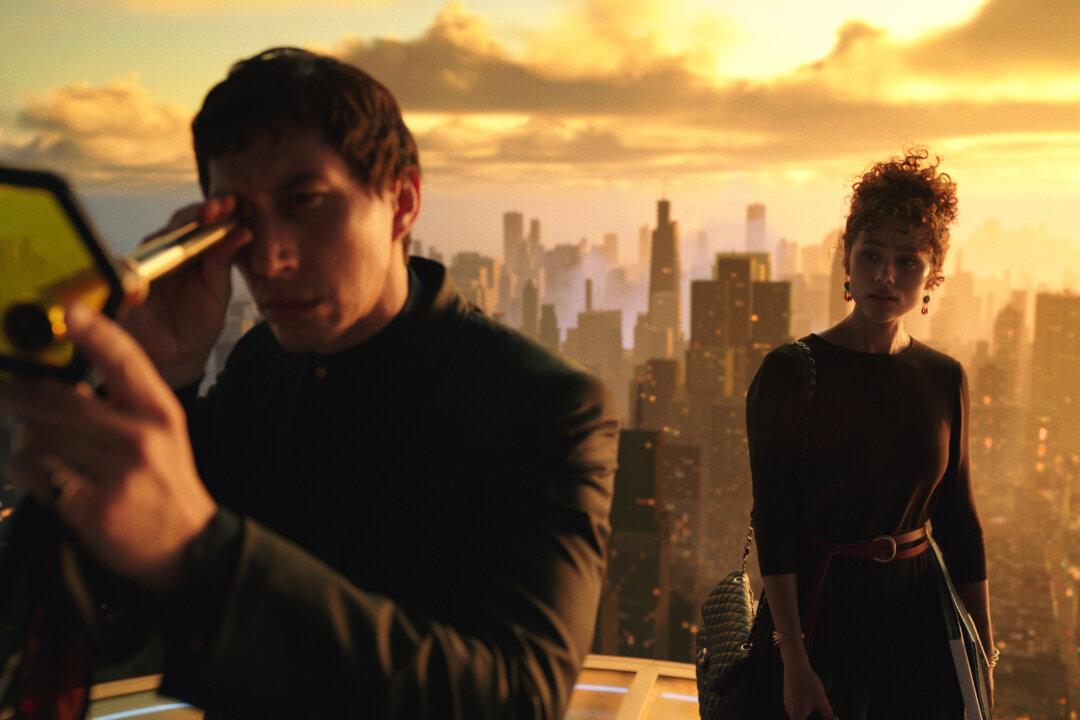R | 2h 18m | Drama, Mystery, Fantasy, Sci-Fi | 2024
In development in some form or fashion since 1977, filmmaker Francis Ford Coppola’s latest effort, “Megalopolis,” finally saw its domestic release.

R | 2h 18m | Drama, Mystery, Fantasy, Sci-Fi | 2024
In development in some form or fashion since 1977, filmmaker Francis Ford Coppola’s latest effort, “Megalopolis,” finally saw its domestic release.